Last Friday’s inauguration of Tsai Ing-wen as Taiwan’s first female president emphasized two core messages to both its domestic audience and the rest of the world. First, Taiwan is a diverse and unique society unlike any other, with its own identity. And second, the Taiwanese people do not intend to relinquish their hard-earned democracy and freedom.
“Once again, the people of Taiwan have shown the world through our actions that we, as a free and democratic people, are committed to the defense of our freedom and democracy as a way of life,” Tsai said to a supportive audience of thousands outside the presidential palace under the hot Taipei sun. “Each and every one of us participated in this journey. My dear fellow Taiwanese, we did it.”
Speaking with confidence and conviction, Tsai, who had been sworn two hours earlier, succinctly summed up the Taiwanese people’s expectation of her administration: “to solve problems”.
The main lens through which international media tend to view Taiwan is the country’s China problem. Beijing claims Taiwan as a province and threatens military reprisal should it formally declare independence.
Unfortunately for Taiwan, China is the least of its immediate problems.
A generation of youth have watched living costs skyrocket over the past decade, while wages have stagnated. This former Asian Tiger is now over-reliant on China and struggling to achieve even low growth figures. The country’s population is rapidly aging, while the birth rate remains low.
Tsai took the reins from Ma Ying-jeou of the Kuomintang (KMT), whose eight years as president began with a mandate to improve Taiwan’s economy by upgrading relations with China in the wake of the Chen Shui-bian presidency, which ran from 2000 to 2008. A member of the Democratic Progressive Party (DPP) like Tsai, Chen was Taiwan’s first non-KMT president. His administration was hamstrung domestically by a KMT-controlled Legislative Yuan and allegations of corruption and across the strait by a standoffish Beijing.
Ma delivered on his promise of better ties with China, but his dismal approval ratings at the end of his second term suggest voters’ remorse among many Taiwanese.
“Ma’s presidency is a mixed bag,” said Jonathan Sullivan an expert on Taiwan’s relations with China at the University of Nottingham. “The tone of cross-strait relations is the highest ever, but the underlying military threat from China is undiminished. The economy has done well considering the global financial crisis, but Taiwanese society is more unequal and suffering from greater feelings of relative deprivation than ever before.”
After the shock of losing Taiwan’s second-ever presidential election to Chen and the DPP, the KMT chose to position itself as the only party that could manage relations with China’s ruling Communist Party. This culminated in last year’s “historic” handshake between Ma and Xi Jinping in Singapore.
The KMT move toward its historic enemy was viewed with cynicism by many Taiwanese who remember the White Terror, four decades of martial law under the KMT in which suspicion of collaborating with the Communists meant prison or death.
The cornerstone of Ma’s relations with China rested upon the so-called “1992 Consensus” attributed to a 1992 cross-strait conference in Hong Kong in which representatives from Taiwan and China agreed that there is one China, but each side’s interpretation of “one China” may differ. In Beijing’s eyes, the 1992 Consensus forms the bedrock of a status quo that must remain unchanged.
However, former KMT legislator Su Chi said in 2006 that he made up the term “1992 Consensus” in order to placate China before the KMT handed the presidency to Chen.
In the run-up to Tsai’s inauguration, Beijing demanded that Tsai acknowledge the 1992 Consensus, often making not-so-thinly-veiled threats. Earlier this month, Ma Xiaoguang, the spokesman for the State Council Taiwan Affairs Office in Beijing, emphasised that “those who change the status quo will be responsible for relations reaching a deadlock or crisis.”
In her first speech as president, an undaunted Tsai addressed domestic priorities for more than 20 minutes before directly mentioning China, although there were indirect references. With the economy at the top of her list, she did speak about a “new model for economic development” that will “bid farewell to our past overreliance on a single market”, i.e. China, Taiwan’s top trading partner.
Tsai also touched upon improving Taiwan’s social safety net and working with civil society to strengthen democratic institutions. Given that the DPP controls Taiwan’s legislature for the first time ever, there should be significant movement in these areas and others in the coming months.
Tsai also announced the forthcoming establishment of a Truth and Reconciliation Commission within the presidential office to promote “transitional justice” - a key theme of her campaign. This is likely to be viewed by some in the KMT as a vehicle for further weakening its political clout. Tsai’s stated goal of reducing partisan divisions in Taiwan will be tested early.
When the time to discuss relations with China arrived, Tsai did not utter the phrases “1992 Consensus” or “One China”, nor did she mention the “status quo”.
Expressing a desire to improve relations with China through dialogue and communication, she urged the promotion of cross-strait relations based upon “existing realities and political foundations”. Among these foundations, she said, were that the “1992 talks” were an acknowledgement of setting aside differences to seek common ground. Taiwan’s constitutional order, the past 20 years of cross-strait negotiations and, most importantly, the democratic expression of the will of the Taiwanese people were also part of the deal, she said.
While not striking a provocative tone, Tsai did not sound willing to negotiate these points.
Hours after Tsai’s speech, China’s Taiwan Affairs Office called her omission of the 1992 Consensus an “incomplete test sheet”, warning that “Taiwanese compatriots are related to us by flesh and blood, there is no force capable of separating us.”
After explaining Taiwan’s position to Beijing, Tsai pivoted toward the international community, calling for deeper relations with “friendly democracies including the United States, Japan and Europe to advance multifaceted cooperation on the basis of shared values.”
During the two hours between Tsai’s swearing-in and her presidential address, the audience took in several performances expounding upon Taiwan’s unique identity. A music and dance history of the island highlighted its complex ethnic diversity, with the implication that Taiwan is more than just “Chinese”.
A stirring rock performance, some of it in the local Taiwanese language that the KMT had once banned, highlighted the importance of peaceful protest in the evolution of Taiwan’s democracy. It crescendoed with a large float honoring the Sunflower Movement of 2014 passing in front of the presidential palace. Contrasting with the assault on civil society in China and deteriorating freedoms in Hong Kong, this was also a declaration that as a society, Taiwan is not “Chinese”.
By calling on the US and Japan in particular to deepen cooperation within the context of growing tensions over the East and South China Seas, which are separated by Taiwan, Tsai is sending a clear signal that the possibility of a deeper partnership is there — if Washington and Tokyo want it.
“Once again, the people of Taiwan have shown the world through our actions that we, as a free and democratic people, are committed to the defense of our freedom and democracy as a way of life,” Tsai said to a supportive audience of thousands outside the presidential palace under the hot Taipei sun. “Each and every one of us participated in this journey. My dear fellow Taiwanese, we did it.”
Speaking with confidence and conviction, Tsai, who had been sworn two hours earlier, succinctly summed up the Taiwanese people’s expectation of her administration: “to solve problems”.
The main lens through which international media tend to view Taiwan is the country’s China problem. Beijing claims Taiwan as a province and threatens military reprisal should it formally declare independence.
Unfortunately for Taiwan, China is the least of its immediate problems.
A generation of youth have watched living costs skyrocket over the past decade, while wages have stagnated. This former Asian Tiger is now over-reliant on China and struggling to achieve even low growth figures. The country’s population is rapidly aging, while the birth rate remains low.
Tsai took the reins from Ma Ying-jeou of the Kuomintang (KMT), whose eight years as president began with a mandate to improve Taiwan’s economy by upgrading relations with China in the wake of the Chen Shui-bian presidency, which ran from 2000 to 2008. A member of the Democratic Progressive Party (DPP) like Tsai, Chen was Taiwan’s first non-KMT president. His administration was hamstrung domestically by a KMT-controlled Legislative Yuan and allegations of corruption and across the strait by a standoffish Beijing.
Ma delivered on his promise of better ties with China, but his dismal approval ratings at the end of his second term suggest voters’ remorse among many Taiwanese.
“Ma’s presidency is a mixed bag,” said Jonathan Sullivan an expert on Taiwan’s relations with China at the University of Nottingham. “The tone of cross-strait relations is the highest ever, but the underlying military threat from China is undiminished. The economy has done well considering the global financial crisis, but Taiwanese society is more unequal and suffering from greater feelings of relative deprivation than ever before.”
After the shock of losing Taiwan’s second-ever presidential election to Chen and the DPP, the KMT chose to position itself as the only party that could manage relations with China’s ruling Communist Party. This culminated in last year’s “historic” handshake between Ma and Xi Jinping in Singapore.
The KMT move toward its historic enemy was viewed with cynicism by many Taiwanese who remember the White Terror, four decades of martial law under the KMT in which suspicion of collaborating with the Communists meant prison or death.
The cornerstone of Ma’s relations with China rested upon the so-called “1992 Consensus” attributed to a 1992 cross-strait conference in Hong Kong in which representatives from Taiwan and China agreed that there is one China, but each side’s interpretation of “one China” may differ. In Beijing’s eyes, the 1992 Consensus forms the bedrock of a status quo that must remain unchanged.
However, former KMT legislator Su Chi said in 2006 that he made up the term “1992 Consensus” in order to placate China before the KMT handed the presidency to Chen.
In the run-up to Tsai’s inauguration, Beijing demanded that Tsai acknowledge the 1992 Consensus, often making not-so-thinly-veiled threats. Earlier this month, Ma Xiaoguang, the spokesman for the State Council Taiwan Affairs Office in Beijing, emphasised that “those who change the status quo will be responsible for relations reaching a deadlock or crisis.”
In her first speech as president, an undaunted Tsai addressed domestic priorities for more than 20 minutes before directly mentioning China, although there were indirect references. With the economy at the top of her list, she did speak about a “new model for economic development” that will “bid farewell to our past overreliance on a single market”, i.e. China, Taiwan’s top trading partner.
Tsai also touched upon improving Taiwan’s social safety net and working with civil society to strengthen democratic institutions. Given that the DPP controls Taiwan’s legislature for the first time ever, there should be significant movement in these areas and others in the coming months.
Tsai also announced the forthcoming establishment of a Truth and Reconciliation Commission within the presidential office to promote “transitional justice” - a key theme of her campaign. This is likely to be viewed by some in the KMT as a vehicle for further weakening its political clout. Tsai’s stated goal of reducing partisan divisions in Taiwan will be tested early.
When the time to discuss relations with China arrived, Tsai did not utter the phrases “1992 Consensus” or “One China”, nor did she mention the “status quo”.
Expressing a desire to improve relations with China through dialogue and communication, she urged the promotion of cross-strait relations based upon “existing realities and political foundations”. Among these foundations, she said, were that the “1992 talks” were an acknowledgement of setting aside differences to seek common ground. Taiwan’s constitutional order, the past 20 years of cross-strait negotiations and, most importantly, the democratic expression of the will of the Taiwanese people were also part of the deal, she said.
While not striking a provocative tone, Tsai did not sound willing to negotiate these points.
Hours after Tsai’s speech, China’s Taiwan Affairs Office called her omission of the 1992 Consensus an “incomplete test sheet”, warning that “Taiwanese compatriots are related to us by flesh and blood, there is no force capable of separating us.”
After explaining Taiwan’s position to Beijing, Tsai pivoted toward the international community, calling for deeper relations with “friendly democracies including the United States, Japan and Europe to advance multifaceted cooperation on the basis of shared values.”
During the two hours between Tsai’s swearing-in and her presidential address, the audience took in several performances expounding upon Taiwan’s unique identity. A music and dance history of the island highlighted its complex ethnic diversity, with the implication that Taiwan is more than just “Chinese”.
A stirring rock performance, some of it in the local Taiwanese language that the KMT had once banned, highlighted the importance of peaceful protest in the evolution of Taiwan’s democracy. It crescendoed with a large float honoring the Sunflower Movement of 2014 passing in front of the presidential palace. Contrasting with the assault on civil society in China and deteriorating freedoms in Hong Kong, this was also a declaration that as a society, Taiwan is not “Chinese”.
By calling on the US and Japan in particular to deepen cooperation within the context of growing tensions over the East and South China Seas, which are separated by Taiwan, Tsai is sending a clear signal that the possibility of a deeper partnership is there — if Washington and Tokyo want it.
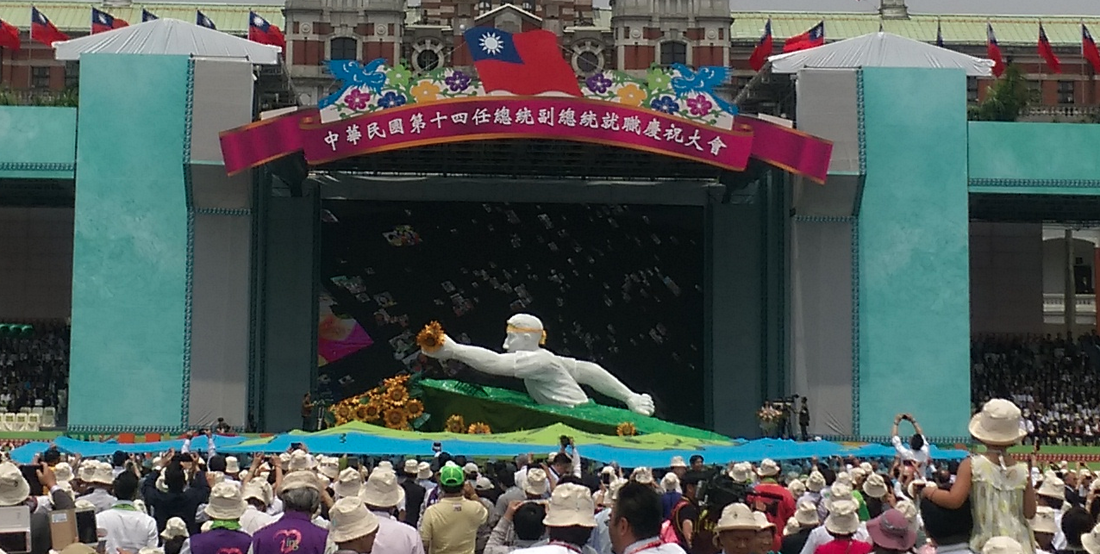
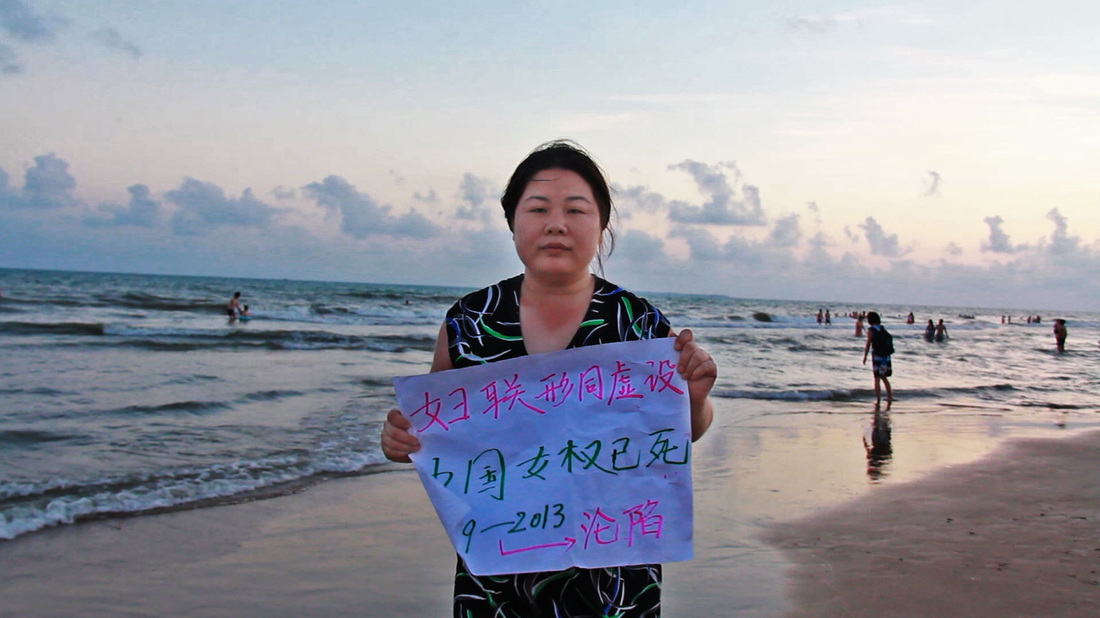
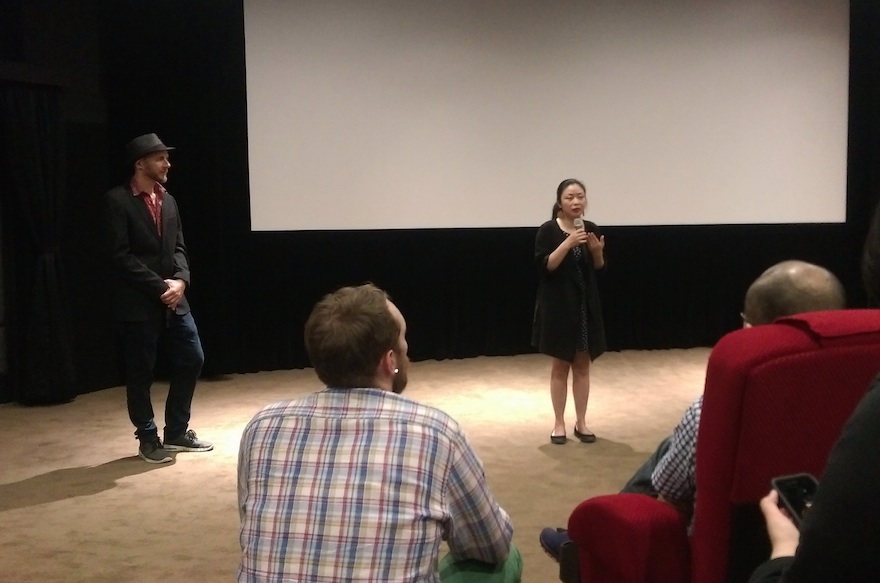
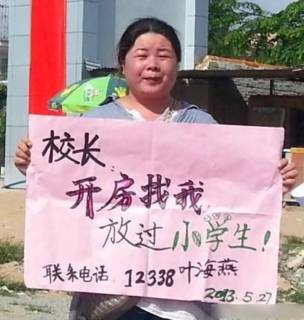
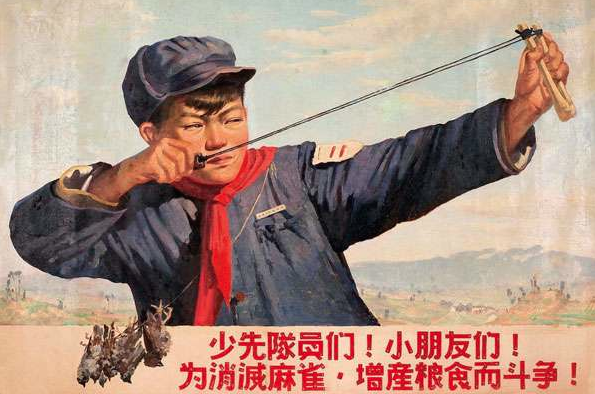
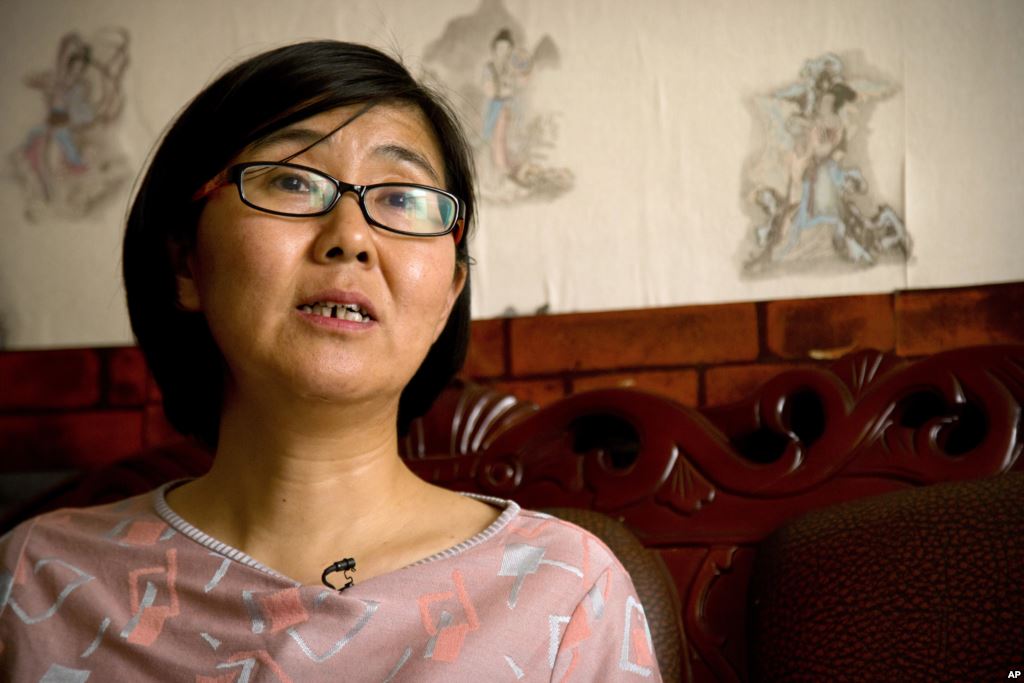
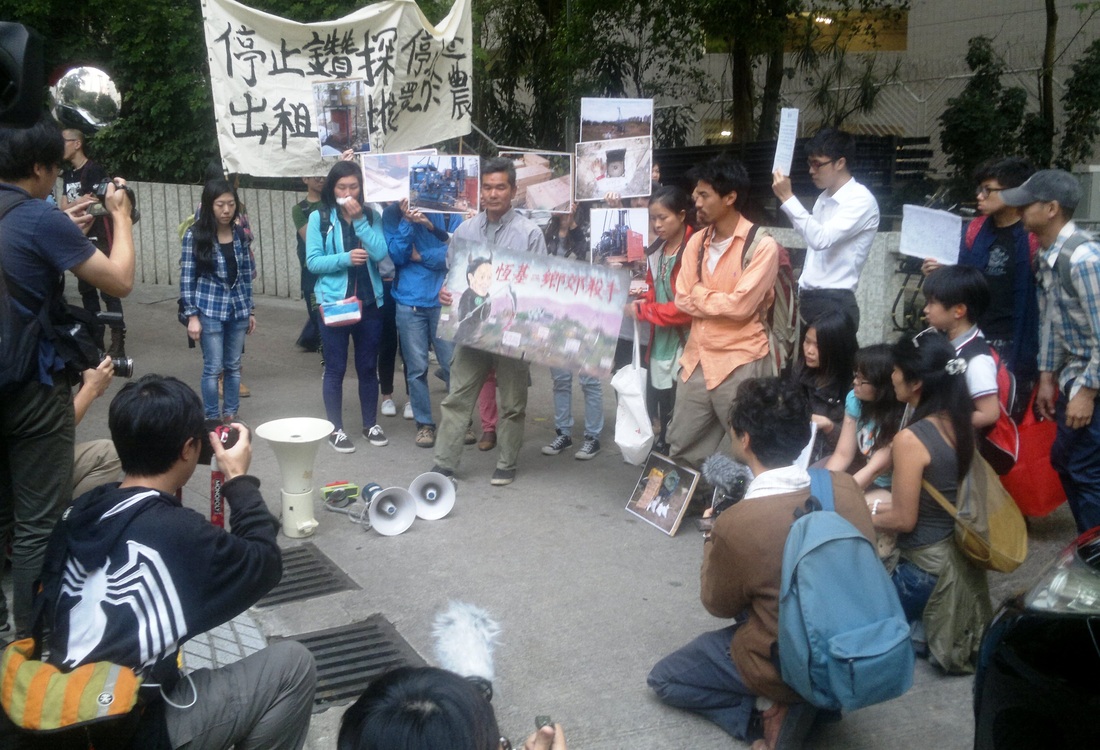
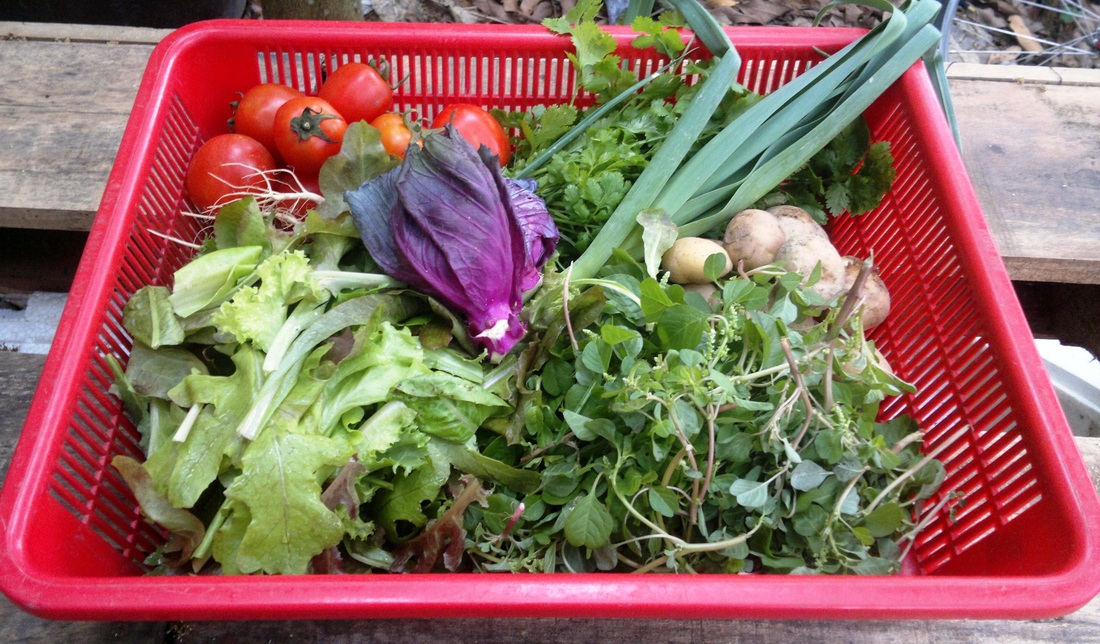
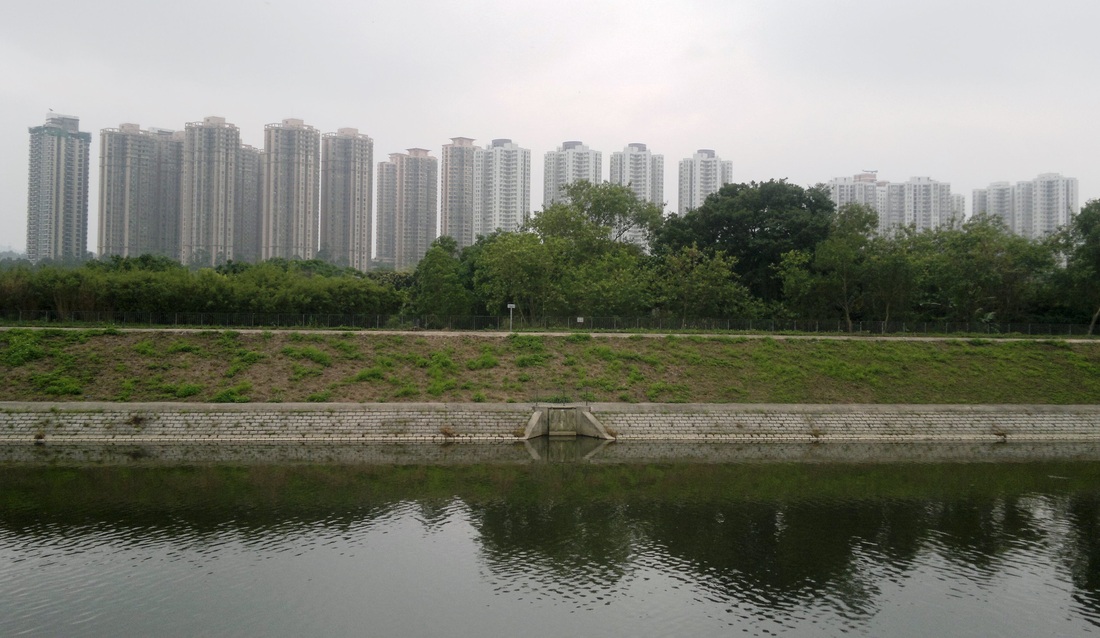
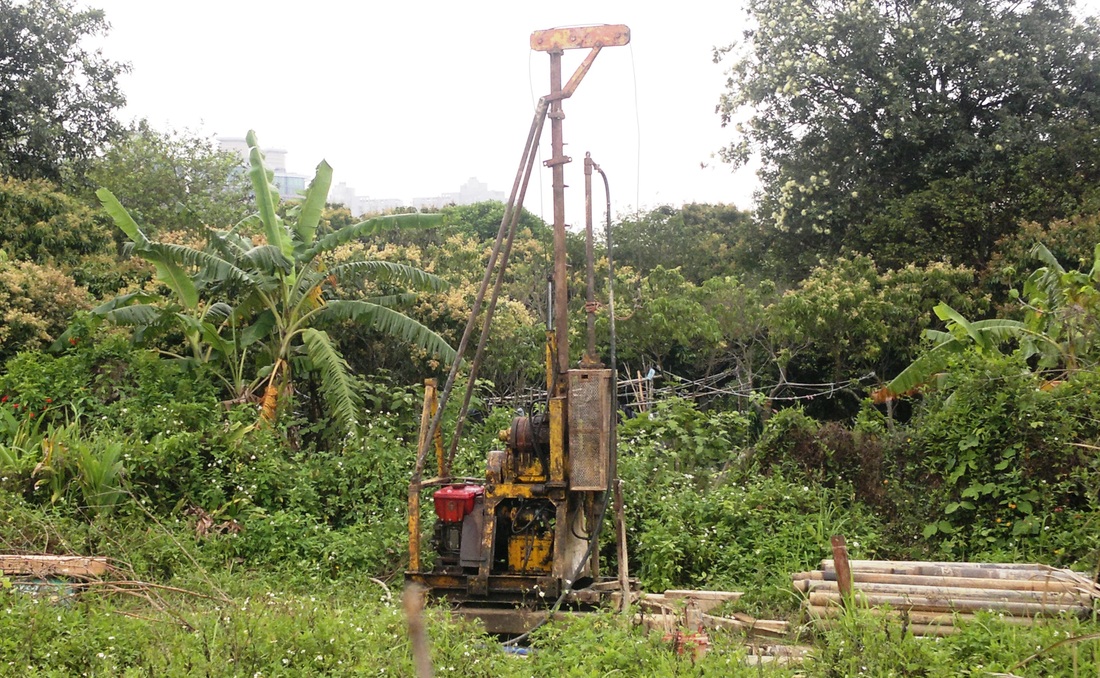
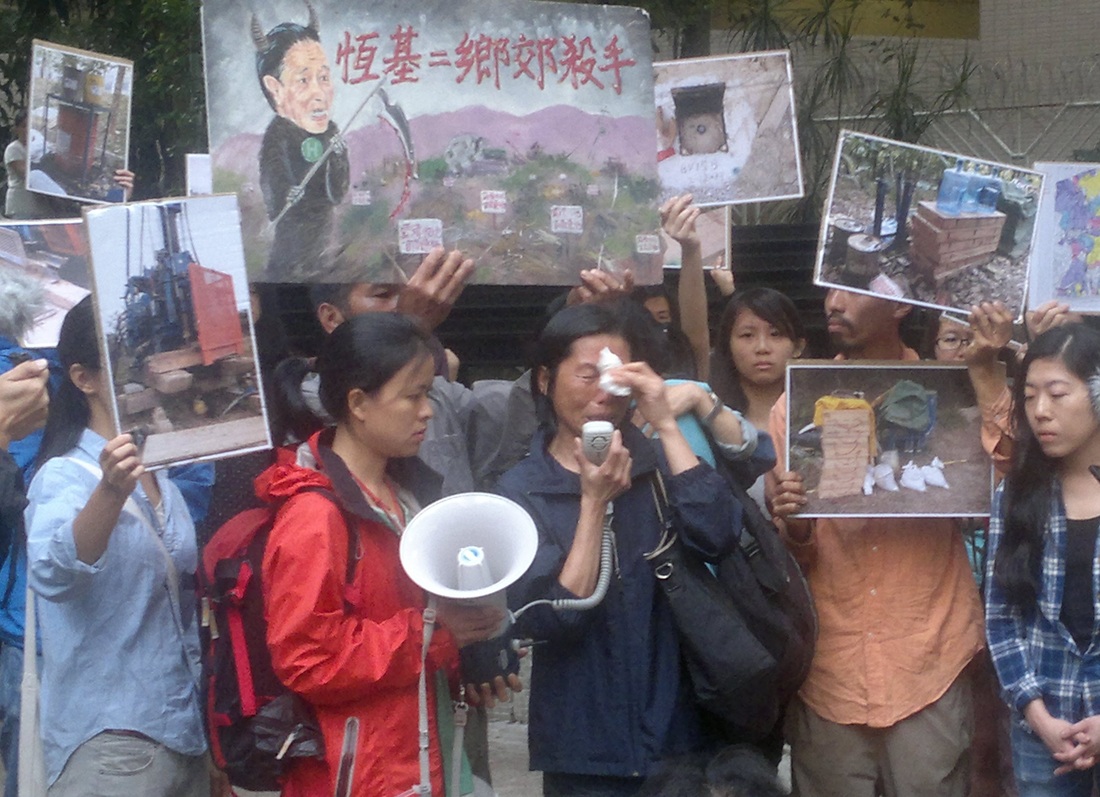
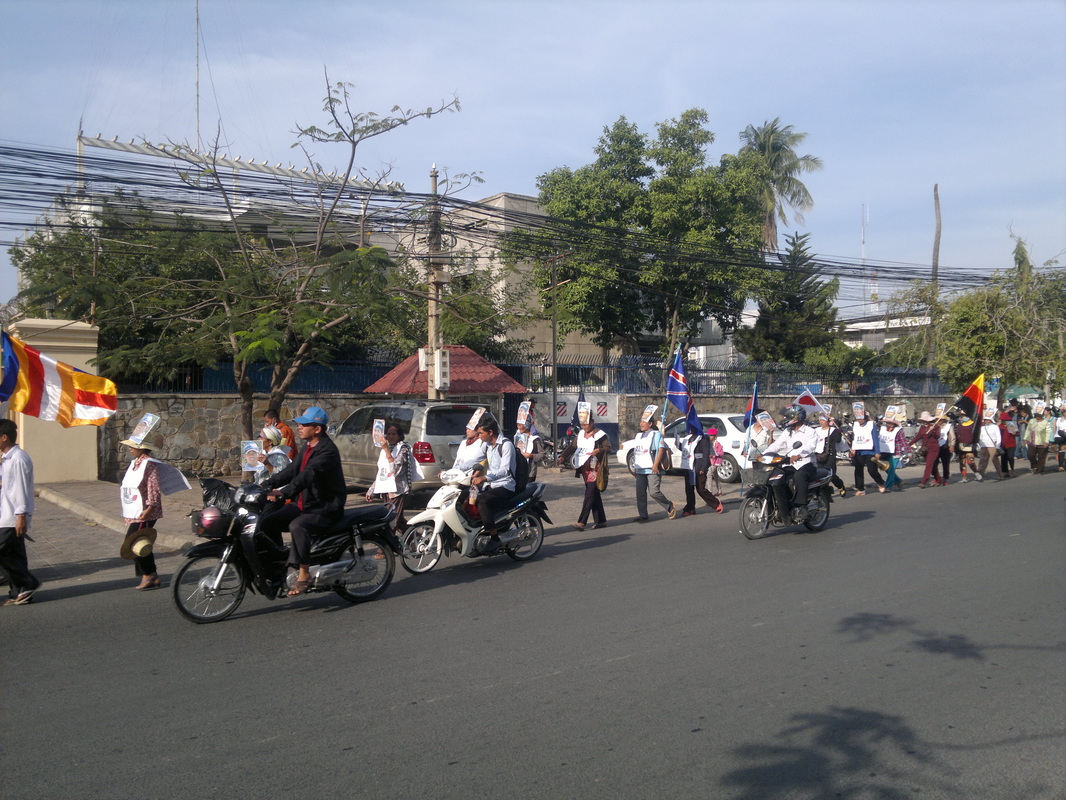
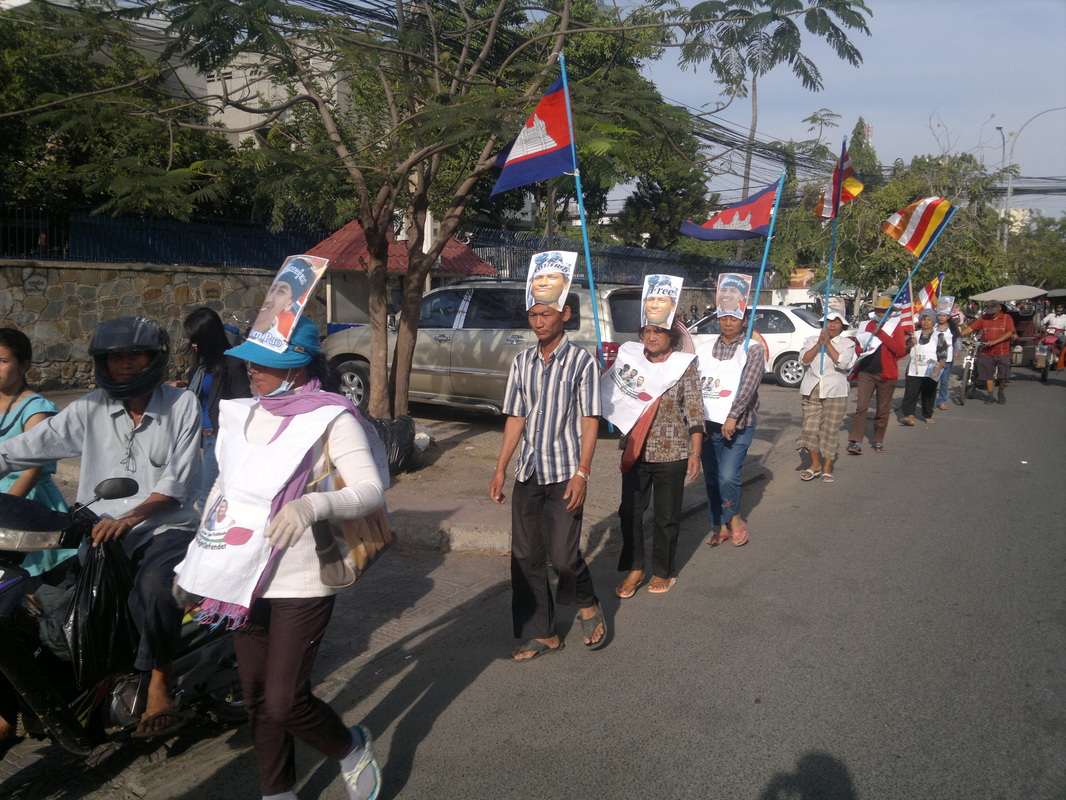
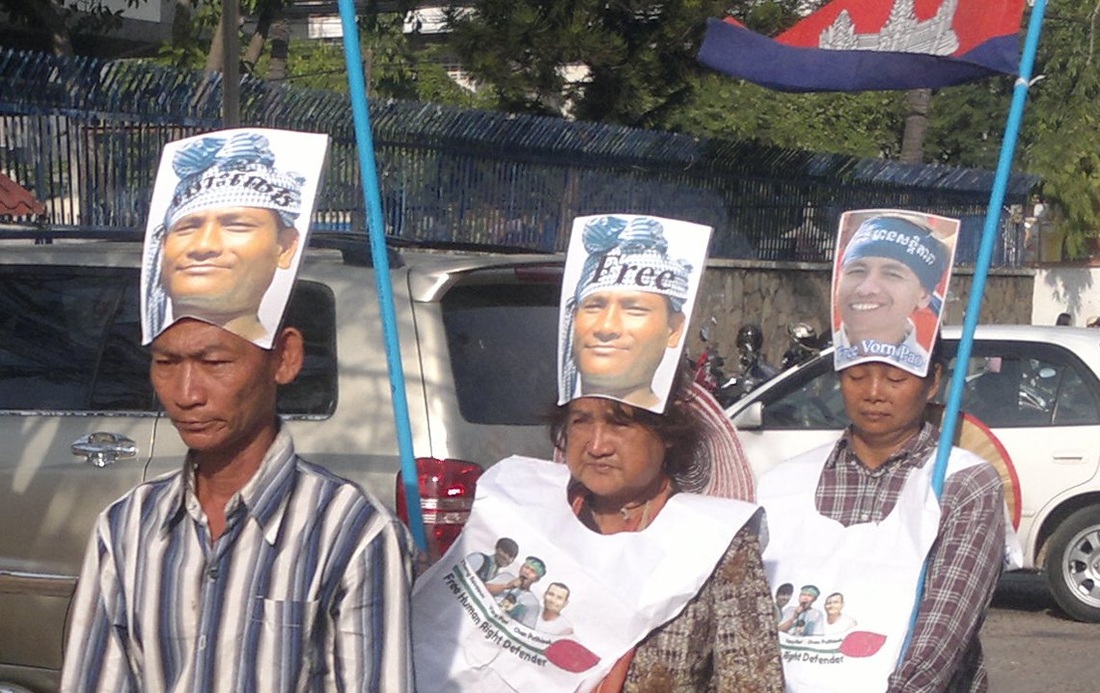
 RSS Feed
RSS Feed